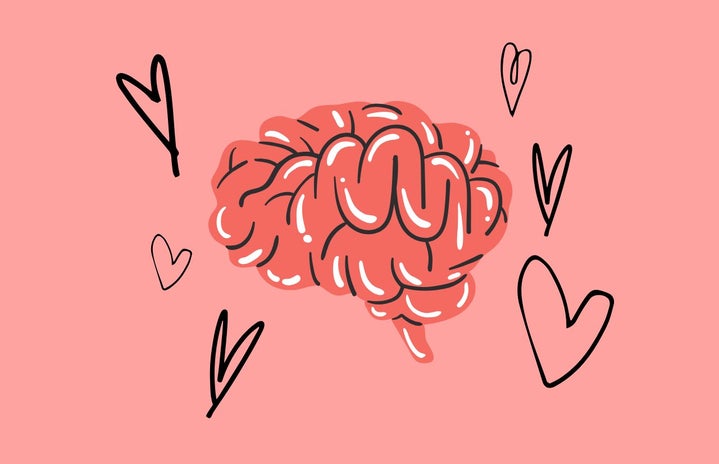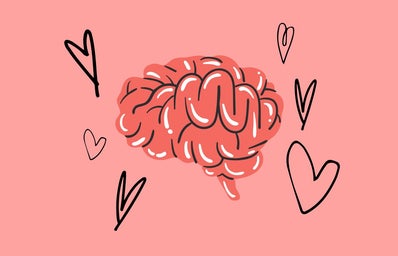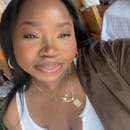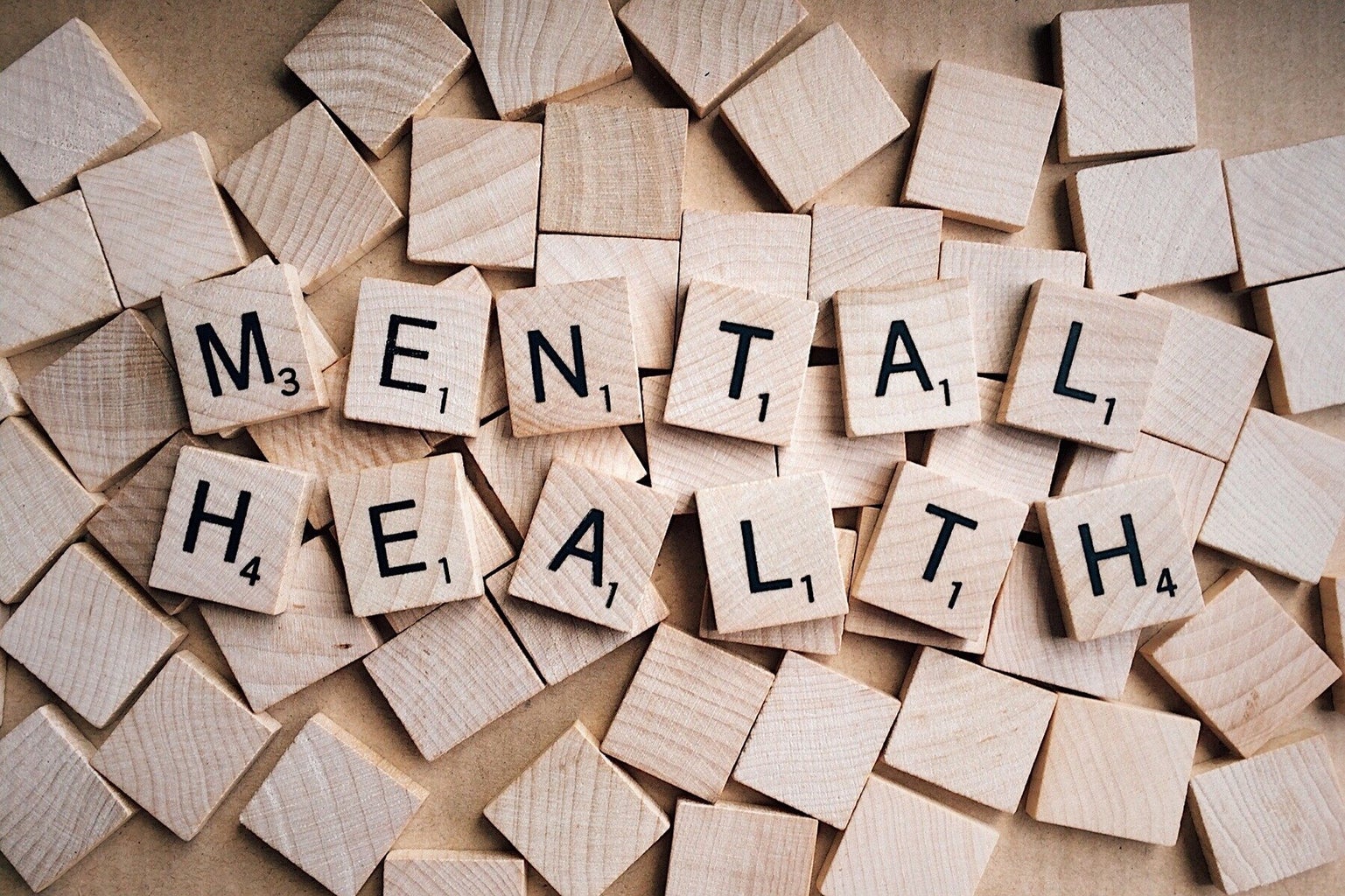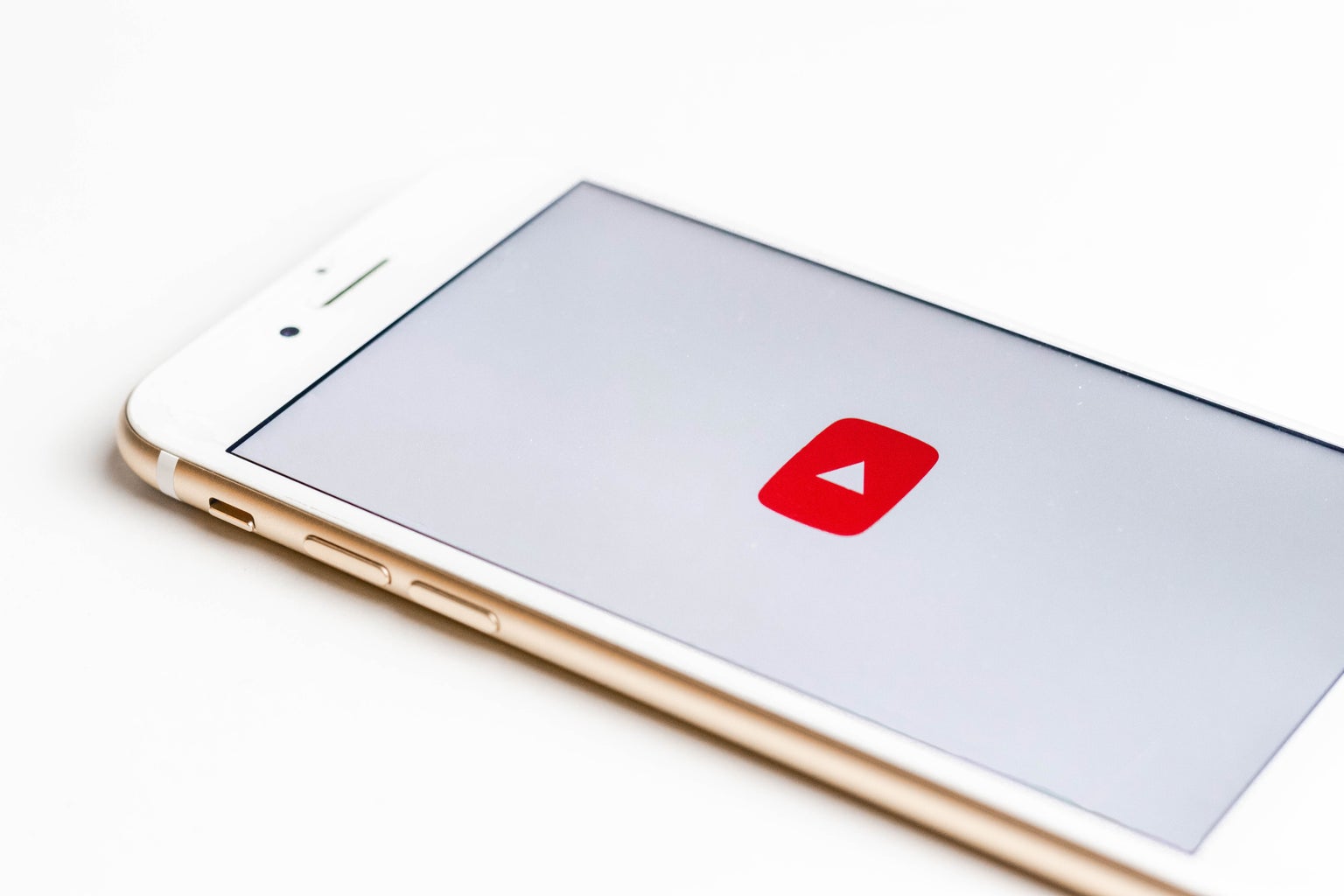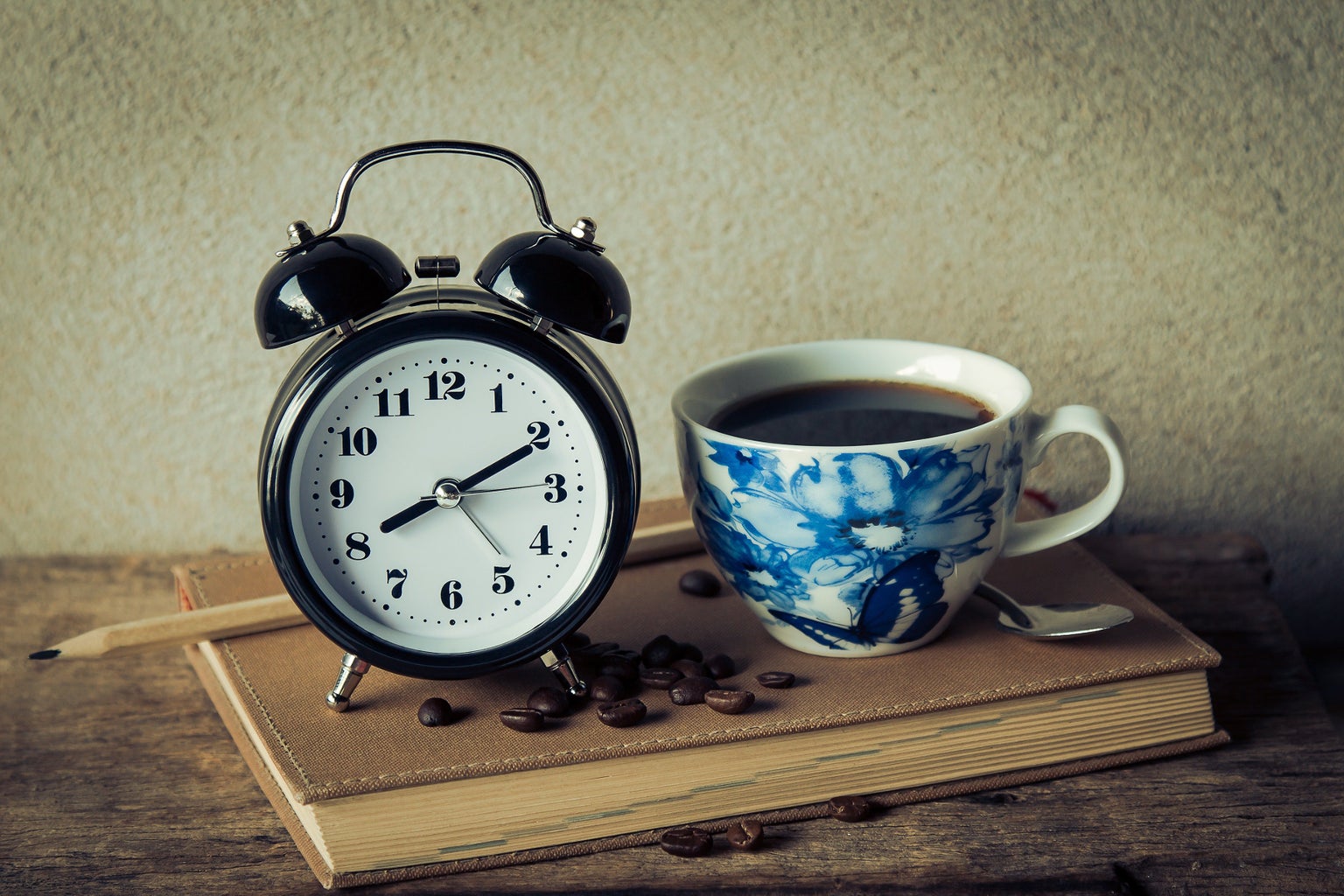Self-help books have been the most popular and prominent form of self-growth for numerous years. While I do love a good book and improvement…we must discuss why we do not need to constantly be hyper-fixated on fixing and molding ourselves all the time. I believe that true growth happens when you let life go and acknowledge a flaw and how one day it may or may not be changed.
I have learned numerous things from older women around me and from my journey of trying to self-fix everything and the biggest lesson has been that healing comes with time. Media, self-help books, life, and time are all things that impact the self-improvement, self-love, and healing that we all feel that we need to chase constantly.
Self-Help books
As I said, I love a good book. However, we must talk about the books that actually make an impact and difference. In this current age, there has been an influx of “self-improvement books” and videos that are consistently pushed down onto us. They tell us that we need to keep “healing” and recommend a variety of materials to read and suggest who we need to become. There are many books that I do recommend that are not going to “heal” you per se. But they will broaden your perspective which, in turn, can help you be open to the process of healing.
All About Love by Bell Hooks is a great book that gives a sociological perspective on love and allows you to see love within all realms: self-love, intimacy, friendships, parents, elderly, children, and work. It also touches upon intersectionality and how that affects love and religion. An amazing audio by NPR does a great job of giving a synopsis and discussing the qualities of this book.
What Happened To You? Conversations On Trauma, Resilience, and Healing by Bruce D. Perry and Oprah Winfrey. This book had pretty good pointers in my opinion. The book focuses on switching one’s mindset from thinking “Why did this happen to you” to “What happened to you?” This book opens a scientific view of the behaviors and trauma that have impacted you along your journey of life, what happened to you, and how that has affected the way you are now.
What is healing?
We have seen this word be tossed around throughout the media for quite some time. However, many often do not put a definition to it. Cambridge Dictionary offers us two definitions, writing “The process of becoming well again…” and “The process in which a bad situation or painful period or painful emotions ends or improves.” Healing is not linear and does not look the same for everyone, but it is a good start to know that healing is a process to improve and/or end a bad cycle.
We often believe that when we are healing, we must break down every part of us and fix what’s broken as quickly as possible. What I have learned from my own experience and conversations with other older people is that you will not be healed overnight, and it is more of a journey than a quick process. When I decided to embark on this healing journey I was around 18 or 19 years old, and I thought that I could rush the process of self-love and fixing my broken habits and past pain. I watched so many videos to dissect everything and tried to get into self-help books. I often thought I had healed and grown from something, but it felt like the cycle did not end. I quickly began to tear my entire personality and lifestyle apart and hyper-fixated on any flaw to somehow make it correct.
What the majority of self-improvement books do not tell you is that letting your wounds heal intuitively and with time is how major healing actually works. You can read as many self-improvement books as you want, some (like the ones I recommended) will open your eyes and allow you to gain a better perspective. However, they will not heal you, life will.
media and its EFFECTS
The media we consume also plays a big role in our self-improvement and development. We see influencers that preach self-care days as a form of self-improvement. Which they definitely are. But, I also believe those videos play a huge role in creating the mindset of young girls who believe that a face mask will clear everything up. Self-care days are vital and are needed in every young woman’s life and can be a great help for overall feeling better.
However, we must not let the aesthetics that are curated to make a lifestyle look good make young girls believe that following that lifestyle will solve their problems. It is not great to curate an image that we must all be up at 6 a.m. to work out, cut people off from social media, and ghost friends. There are benefits to moving your body (I discuss that in my previous article), however, you do not need to work out twice a day or at extremely early hours of the morning to feel like you are improving. You can still improve life by being active at any time and taking the time to be open and lean on the people around you.
There is this beautiful spoken word piece called “A BLACK GIRL’S GUIDE TO SELF LOVE” in which the speaker discusses the intersectionality of her journey of self-improvement and how it was completely different than what she had seen around her. A quote that stands out is, “Realizing self-love is not all that it is made up to be. It might be face masks and bath bombs for the white girls she has to share space with on a daily basis, but for Black girls, it is something much more abstract, something less concrete. Something that takes more than three minutes to ascertain.”
There is a distinct beauty in understanding how self-love journeys are all so very different for each person. It is interesting to think about how it takes more time to understand what you want to improve on or heal and how numerous things make our stories different, which makes our process different. But the main understanding is that self-improvement is a life-long process and as she said, takes more than a quick video or three minutes to ascertain.
life and time
I may sound like a broken record at this point. However, I want us to all understand that life and time fix it all. The improvement, the self-love, the peace, and the healing that you’ve been working and rebuilding yourself for over and over again will happen with time. There is a song lyric that I did not love to hear but was significant to me in this journey. In Luke Combs’s song “Lonely One” he writes, “But that clock on the wall will cure it all even though that ain’t how it seems…Well, you’re not the only lonely one.” Time heals and we all are not on this journey alone since we know that we cannot fix it all and be the best version of ourselves in a matter of minutes or months. We must allow ourselves the freedom to know that we can only do so much and that who we are right now is deserving of a good life. Not a life that is in need of constant reinvention.
You are deserving of a good life. You need to live and experience new things that will also be a guide for you. You have so much life ahead of you and to think that you need to be “fixed’ and in constant search for a cleanup on your life is exhausting. I’ll leave you with this. If we had to be all fixed and perfect right now, then what is the rest of our life to look like as we progress and gain new experiences?
Breathe and enjoy the journey. Do not get so hyper-fixated on yourself that you forget life along the way.
